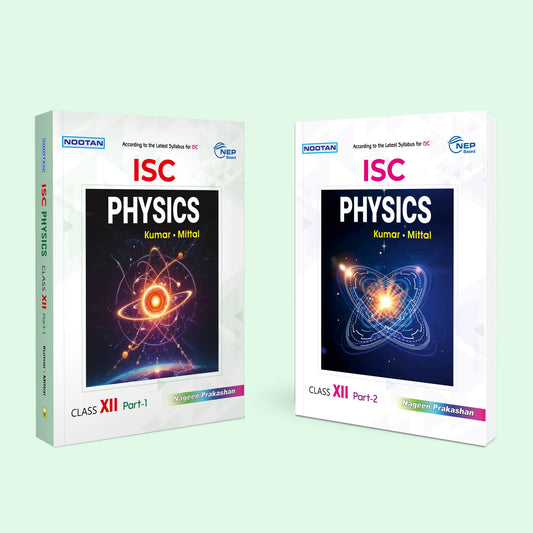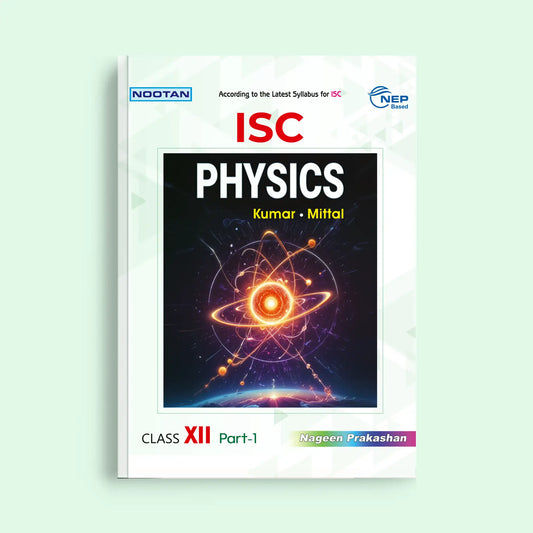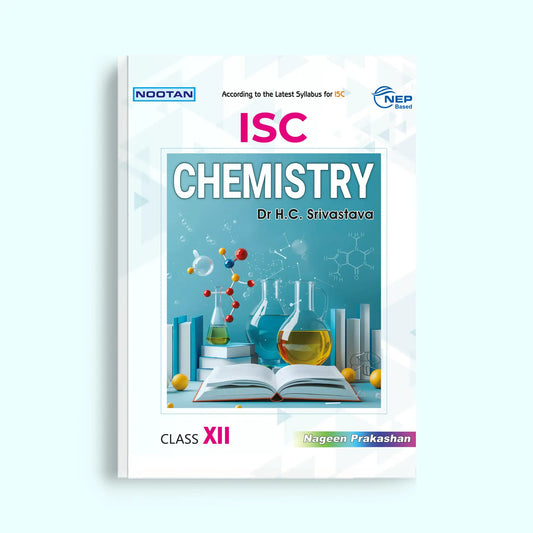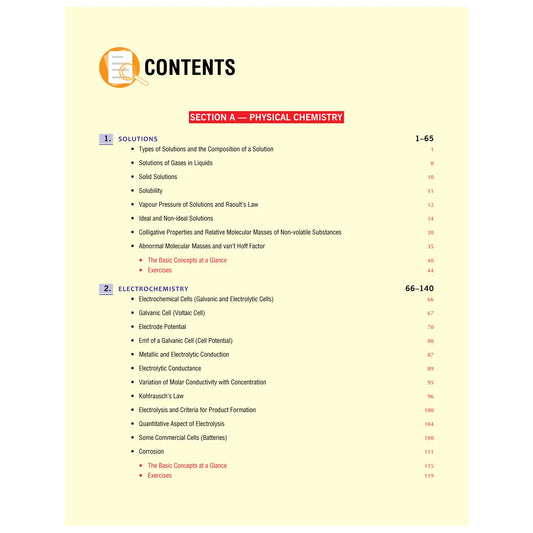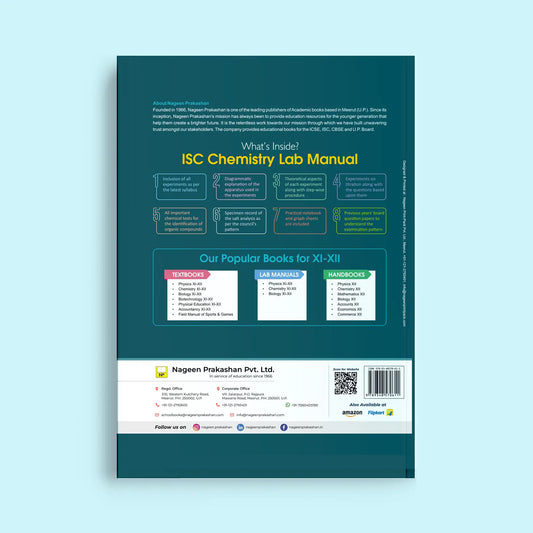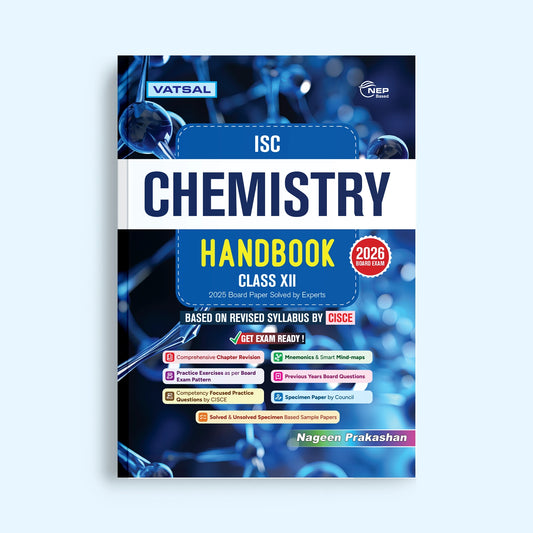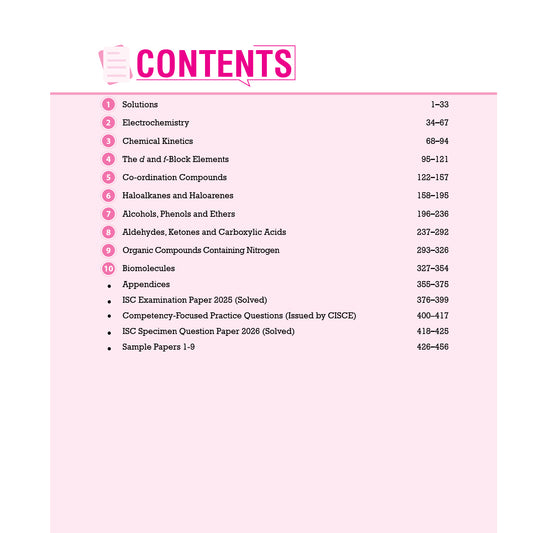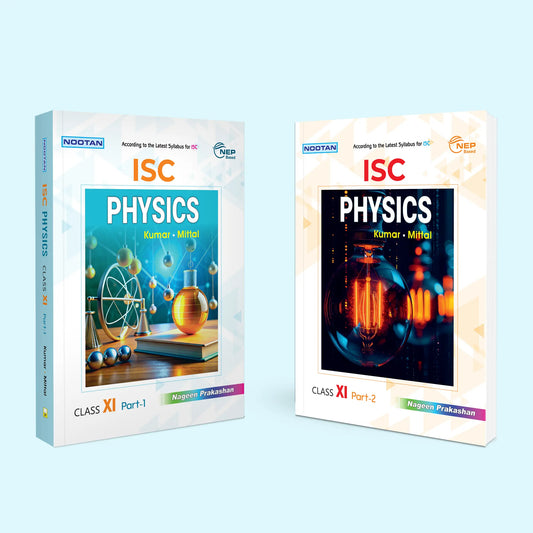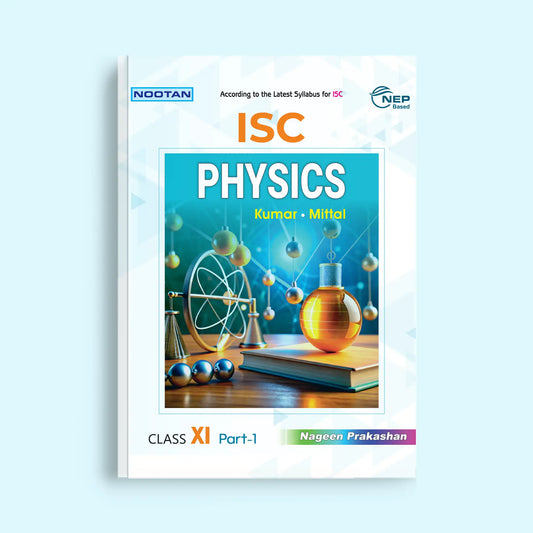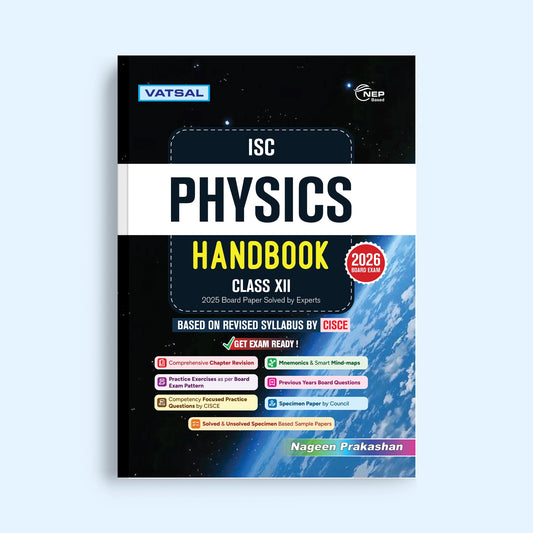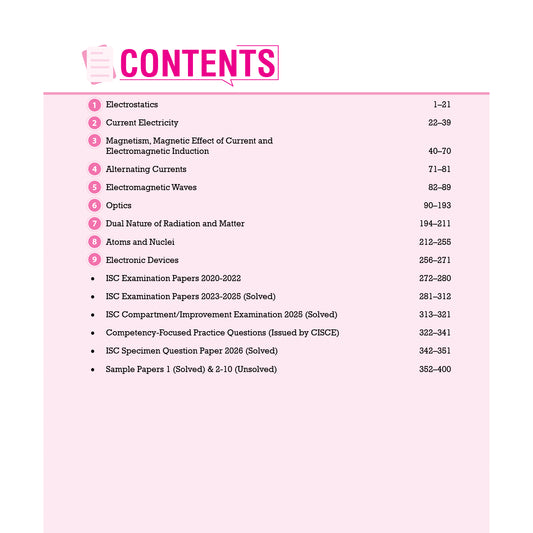
Are Physical Books Better Than eBooks for Exam Preparation?
This time is crucial for students in preparing for their exams, and if examined closely, students will find that the difference between physical books and eBooks can actually be significant determinants. Both formats possess advantages and disadvantages, but students would scroll endlessly in quest of which is deemed as more effective. This write-up shows both sides of the coin and finally helps readers find out which format can best suit his or her study style.
The Tactile Advantage: How Physical Books Enhance Focus and Retention
Reading a book in physical form is a sensory experience. Turn the pages, maybe feel the texture of paper, even the smell of books creates a more emotional connection that nothing digital can provide.
Not only that, several studies proclaim that reading from paper improves memory retention. Parts of students flipping through pages develop spatial awareness of the content that improves remembering it easily during an exam.

Primary Benefits of Physical Books:
- Rowdy presence as compared to reading from mobile/tablets.
- Mental mapping of information (location on pages, layout).
- Promotes focused, uninterrupted study periods.
- Does not run out of battery nor requires charging.
Portability and Convenience: Why eBooks Appeal to Modern Students
On the other end, eBooks have their merits of undeniable convenience because with just one device, hundreds of books can be carried about by students, such that they can study on the go or while traveling.
In addition, eBooks are commonly associated with interactive features such as search functions, hyperlinks, multimedia, and integrated dictionaries, all of which deepen the studying experience and make it more efficient.
Why do students prefer eBooks?
- Instant access to study materials from anywhere.
- Search and navigation through topics easily.
- Customize font size and background color for better readability.
- Can be used on other devices for study sessions without interruption.
Eye Strain vs. Page Turn: Health Impacts of Screen Reading
One of the greatest disadvantages about reading e-books is that it strains the eye with more screen exposure. This blue light coming from digital screens causes fatigue, headaches, and broken sleep cycles-all these are not good during exam period.
Contrarily, reading printed material is much gentler on the eyes and allows for much longer and comfortable reading sessions without pain.

Health Considerations:
-
eBooks: Digital eye strain, more screen time, and sleep disruption due to blue light.
- Physical books: Breaks and natural pauses less tiring for long periods of reading.
Annotation and Note-Taking: Which Format Supports Better Study Habits?
Also, note taking is significant during academic board exam preparation. Physical books enable the student to make marginal notes, color-mark texts, and apply sticky notes-creating visual memory of essential concepts. On the other hand, eBooks provide digital annotation features including highlighting and bookmarks together with adding comments and searching, although these often feel a bit less personal or memorable. Comparing Study Tools:
Physical Books:
- Use colored pens, highlighters, and sticky notes.
- A more refined outcry is for the kinesthetic learners.
- In the initial phases of learning during writing, muscle memory is engaged.
eBooks:
- Sync notes to all devices.
- Search is built-in.
- Useful for fast editing and reference.
Cost, Access, and Storage: Comparing the Practical Aspects of Both Formats
All include aspects like access and cost that affect our decision-making. eBooks are often cheaper than physical books, mainly when purchasing international editions. They also take up zero physical space, which makes them useful to almost anyone concerned about minimalism or hostel living.
This provides physical book lovers with a crucial point: lending, reselling, and renting an actual book. Practical Issues:

Cost Factors:
-
eBooks: Generally less expensive; frequent offers.
- Physical Books: More expensive but can be resold.
Access Factors:
-
eBooks: Download anytime; 24/7 availability.
- Physical Books: Need to go to a store/library.
Storage Factors:
-
eBooks: Cloud or device storage.
- Physical Books: Need shelf space; create clutter.
Conclusion
There is no universally accepted option regarding possible alternatives for the preparation of examinations. Both have relevant advantages that suit the different learning styles, situations and individual needs.
Physical books, meanwhile, create a wholesome environment free from distraction and promote much deeper focus and retention. eBooks, on the other hand, promote fast, convenient, and easily organized study material.

Final Words
Be it that you enjoy turning pages or simply tabbing from window to window, the most apposite format becomes productive for you.
Choose the option that suits your lifestyle and the way you study. Combine out! Use physical books for material that requires in-depth understanding. Grab eBooks for brush-ups anytime.

